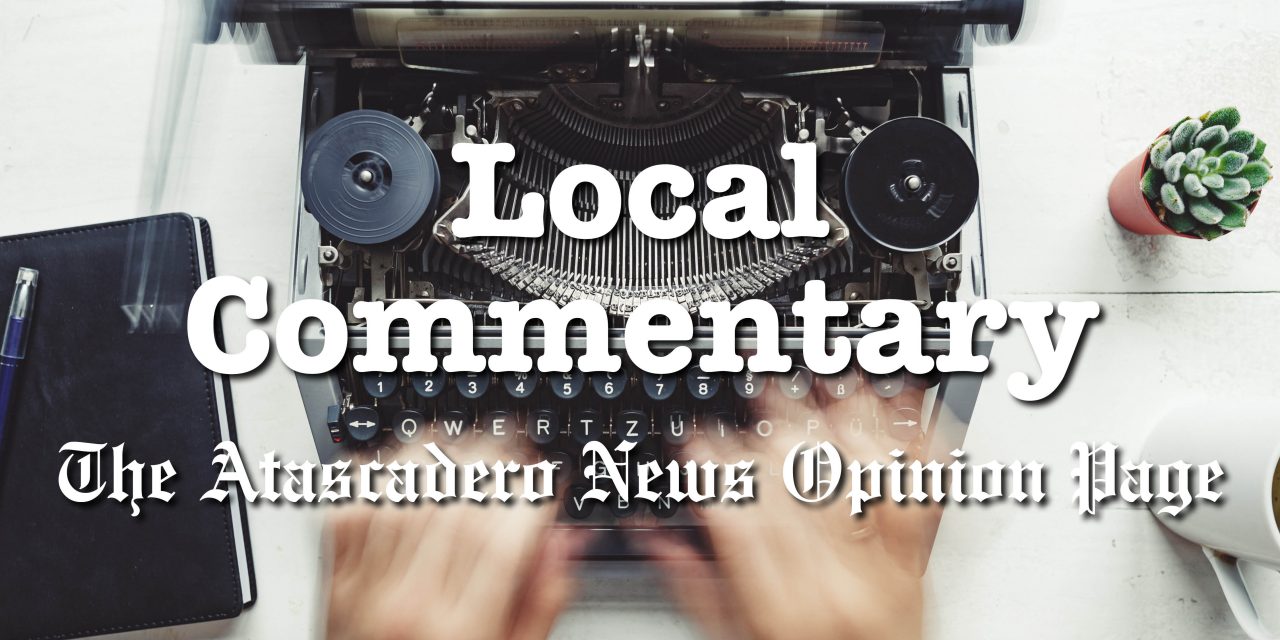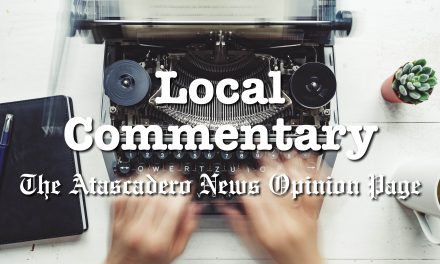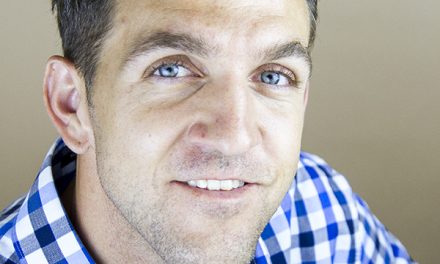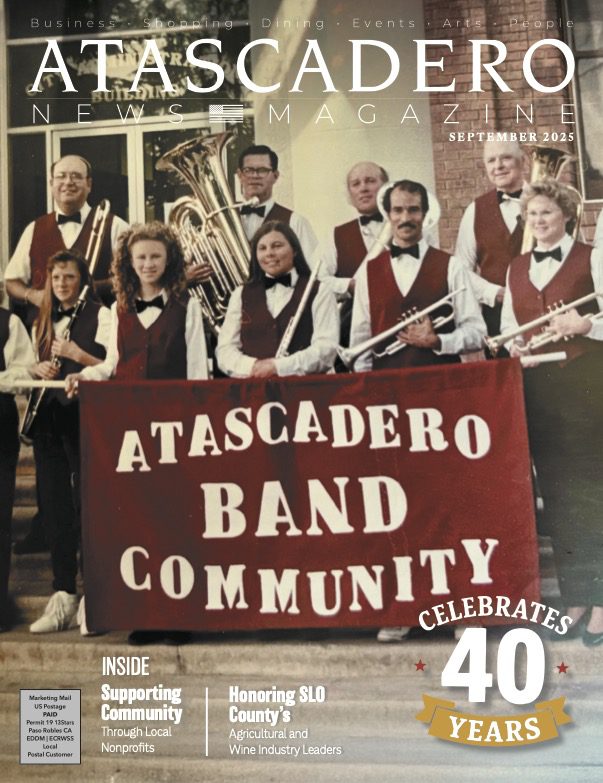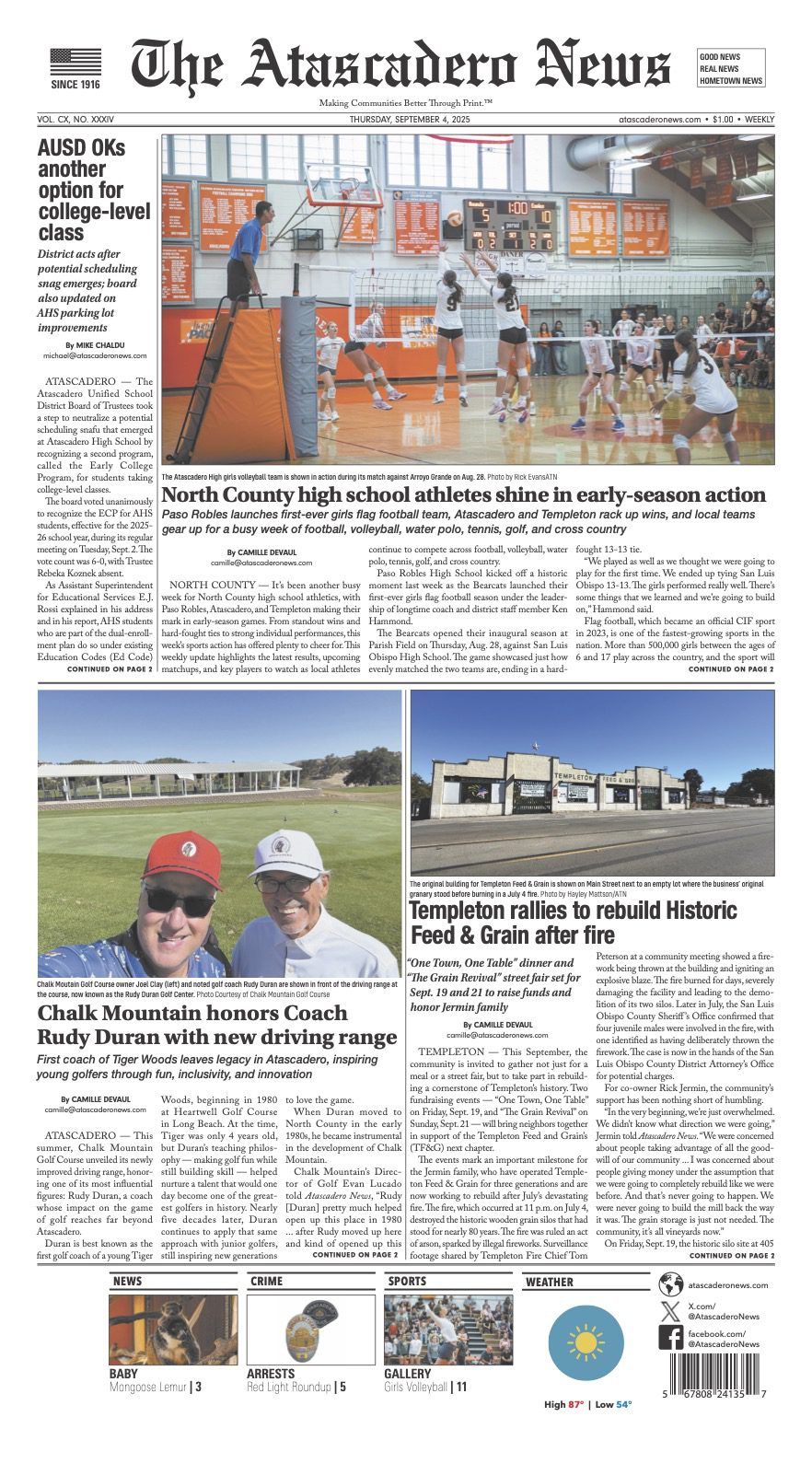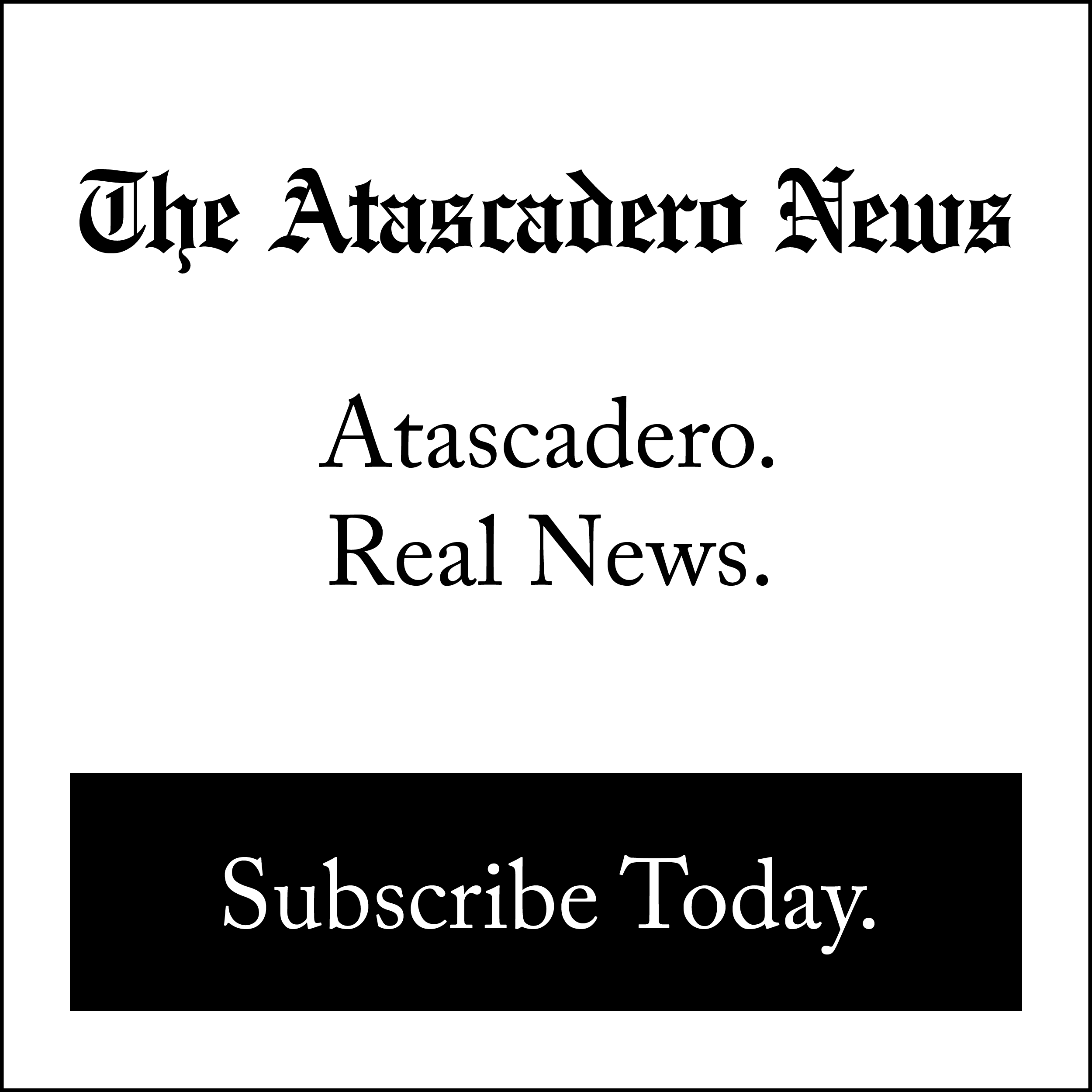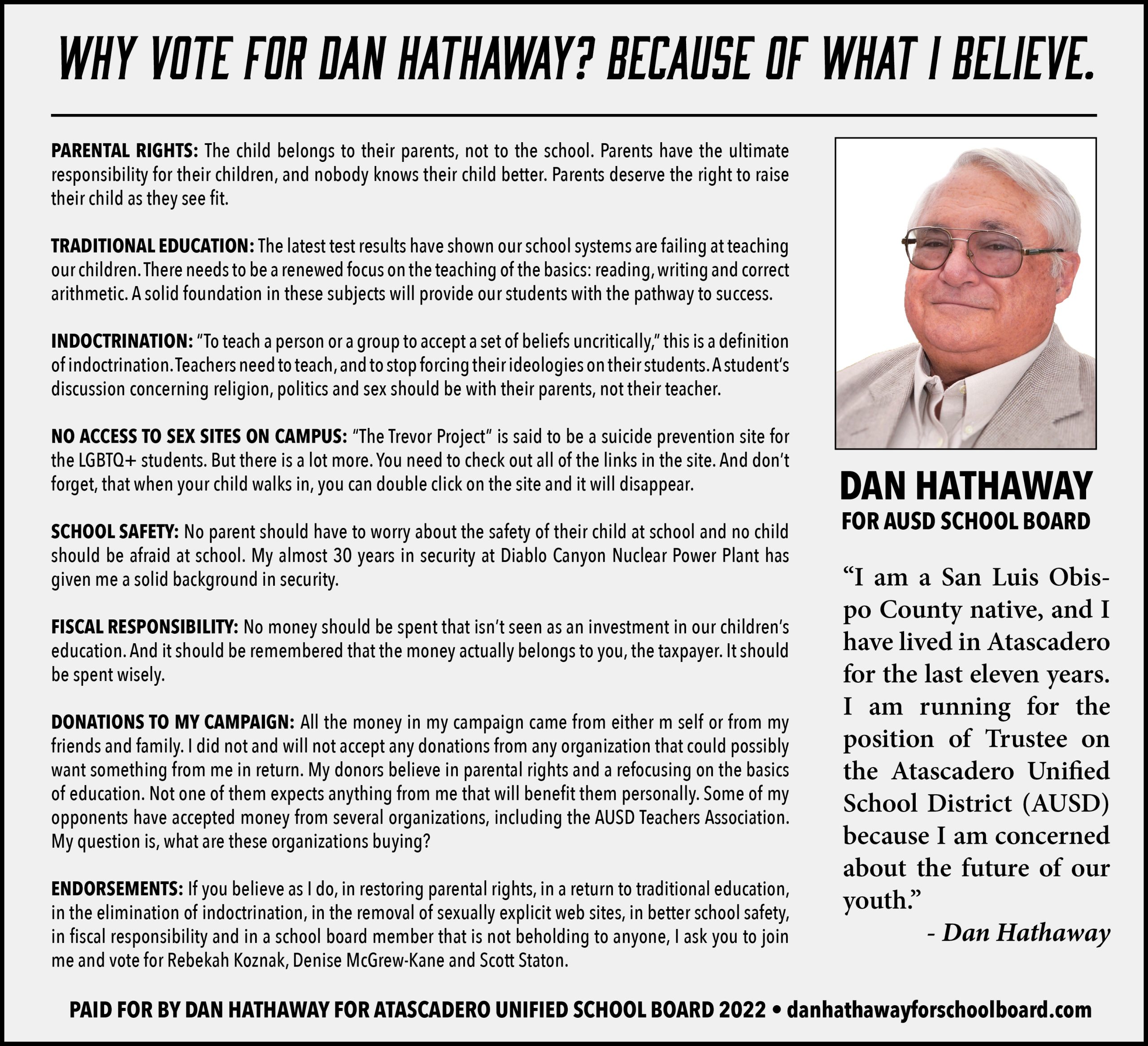By Thomas Elias
There was little public complaining early this fall when Gov. Gavin Newsom signed AB 101, making a semester of ethnic studies a graduation requirement for all California high schools beginning later this decade, also creating a statewide model curriculum.
Newsom’s signature followed his 2020 veto of a draft curriculum that drew a huge outcry because it contained obvious biases and falsehoods. The rejected curriculum was then substantially rewritten and improved.
But that did not resolve all its problems. For example, Williamson Evers, a former U.S. assistant secretary of Education, and other opponents blasted the new model curriculum as anti-capitalist, anti-white, and “burdened by faddish ideology.” It could lead students to learn as a “fact” that American society has always been divided pretty universally between oppressors and victims, said Evers and some others. It also encourages children to identify strongly as group members and never mind individual qualities and achievements.
Jewish groups noted the new curriculum was forced to include seven “guardrails” to prevent it from purveying widespread promotion of anti-Semitic tropes present in the rejected first draft, ranging from the false claim that Jews ran most of the trans-Atlantic slave trade to claiming they gave up much of their identity to assume “white privilege” in modern America.
“The fact that no less than seven ‘guardrails’ were deemed necessary for preventing AB 101 from facilitating…anti-Semitism is itself a stunning indictment of the bill and the dangers it poses for (Jews),” said Tammi-Rossman Benjamin, director of the AMCHA Initiative, which tracks anti-Jewish activity in academe.
The guardrails, she noted, do not stop local school districts from hiring authors of the extremely flawed, unfactual original version to write their own local programs. Nothing requires local districts to use the state curriculum, with its protections and corrections.
But Rossman-Benjamin’s is among the less powerful and influential of Jewish groups. More prominent are outfits like the Simon Wiesenthal Center in Los Angeles and the Jewish Family and Children’s Services Holocaust Center in the San Francisco Bay area, among other groups.
As vocal as Rossman-Benjamin was and despite written opposition from thousands of Holocaust survivors and 74 Jewish groups, major Jewish organizations like the Wiesenthal Center and Jewish federations in both San Francisco and Los Angeles stayed largely silent as Newsom signed AB 101, although an earlier Wiesenthal Center publication said it “remained concerned.”
A possible clue about the relative silence could be found in a Newsom press release issued two days before the bill signing. This announced the formation of a new “Governor’s Council on Holocaust and Genocide Education,” complete with a list of organizations it will fund.
These included $10 million to the Wiesenthal Center, $2.5 million for expansion of the Holocaust Museum LA (run by the Los Angeles Jewish federation), $1 million for the renovation of the Tauber Holocaust Library and Archives in the Bay area, part of San Francisco’s Jewish Family and Children’s Services, and other grants totaling about $40 million.
The proximity of the two events suggested to some that there may have been linkage between those grants and the muted reaction of major Jewish organizations when Newsom signed AB 101.
It would be naïve to believe that mere field trips to Holocaust-related museums could counteract years of teaching anti-Semitic tropes like those in the original state ethnic studies plan. Some of those are likely to show up in local curricula of school districts that hire the original authors to write local programs for use at all grade levels.
For example, one district alone (Hayward Unified) allocated $40 million for some of those failed authors to write such a program and to hire teachers for it. So a single district’s planned spending matches the statewide budget for Newsom’s nascent anti-genocide program.
For sure, the signing of AB 101 pushes future ethnic studies curriculum battles to the local level in California’s more than 1,000 school districts. Rossman-Benjamin has noted that the Jewish community and other opponents “lack the bandwidth (and manpower) to fight these battles in every district.”
Meanwhile, Newsom appeased African American and Latino groups unhappy with his 2020 veto of the original ethnic studies plan, while the largest Jewish organizations said little or nothing.
Newsom now claims to have assured that all kids will soon start learning about their own ethnic histories but has made official a program that still contains historical errors and biases, with strong potential for many more such problems.
Thomas Elias is an independent opinion columnist for The Atascadero News and Paso Robles Press; you can email him at tdelias@aol.com.

